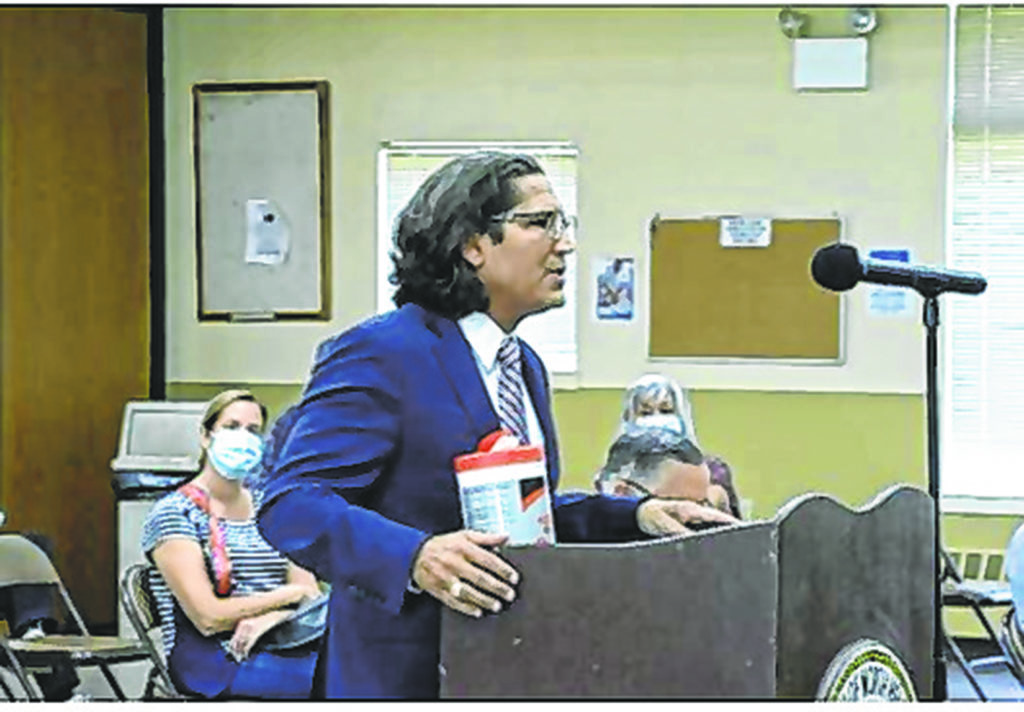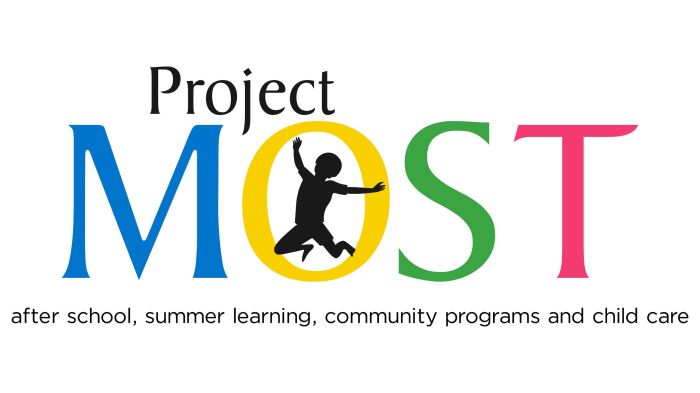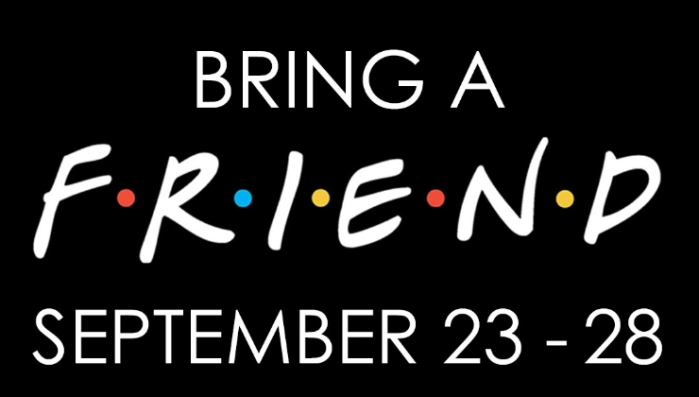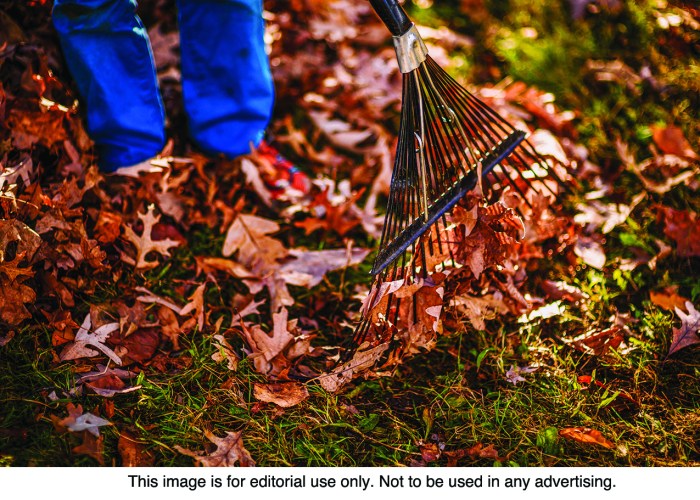In the second of three meetings, the Town of North Hempstead’s Cannabis Task Force listened to two panelists speak about how they feel the sale and on-site consumption of recreational cannabis may negatively or positively affect the town.
The recently passed New York State law, the Marijuana Regulation and Taxation Act (MRTA) provides for the legalization of adult-use cannabis possession (in certain specified quantities) for use by adults 21 years of age or older in accordance with the provisions of the state law. Under New York State legislation, cities, towns and villages can render their own decision regarding recreational cannabis sales in their areas. They have until Dec. 31, 2021 to render a decision, but if they decide not to opt-out, that decision is permanent.
Experts Weigh In

The first panelist to address the members of the task force was Steve Chassman, executive director of the Long Island Council on Alcoholism and Drug Dependence (LICADD) and a licensed clinical social worker.
Chassman provided the task force with his perspective as someone who has worked in the public health field for 30 years.
“We are in the midst of an unparalleled pandemic,” Chassman said. “I’m not just referring to COVID-19. If I had the honor of standing here two years ago, my friends and some colleagues in this room have been screaming from the rooftops that Long Island, New York and America is in the midst of a devastating healthcare pandemic called the substance use pandemic. Now what does marijuana have to do with that? Uncertainty, great crisis, financial insecurity, grief and loss; there is a natural inclination for human beings to seek self-medication.”
Chassman stated that other states with legalized cannabis have shown higher rates of academic under-achievement due to marijuana usage, as well an increased number of car wrecks that have occurred because of people driving while impaired.
“If you saw what we saw at LICADD, in our two offices in two counties over the last 10 years— it’s been tragic. We’ve lost people. We’ve seen tragedies on News 12 every morning. Have we asked the question ‘does marijuana play a role in those?’ We know because we work in the field of mental health that the answer is yes. I know there are people on both sides of this debate or this conversation. No one is arguing that medicinal properties for the some approved clinical diagnoses that THC and marijuana helps.”
Chassman urged the board to think about what consequences this might have if it is approved.
“In times of great crisis, it is absolutely detrimental to do absolutely nothing. Your choice is today.”
 The second panelist to speak was Murugan Naidu, a pharmacist at MedMen. As a pharmacist, Naidu is responsible for counseling clients on proper regimen of cannabis treatment based on an individual’s medical conditions.
The second panelist to speak was Murugan Naidu, a pharmacist at MedMen. As a pharmacist, Naidu is responsible for counseling clients on proper regimen of cannabis treatment based on an individual’s medical conditions.
Naidu spoke about medical cannabis and how strictly it is regulated, as well as the depth of knowledge that is needed to be able to prescribe patients with the products that will work best for their needs.
“My job is simply not just to sell cannabis to a client, more importantly, I’m trained in the science of cannabis so that I can educate users on what they are taking, help them find the product that best suits their need,” Naidu said.
Naidu explained that all pharmacists and frontline dispensary staffers are required to go through constant extensive training mandated by the New York State Department of Health to enhance their product knowledge on the science of cannabis.
In order to enter a medical cannabis dispensary, you must have a Department of Health issued medical cannabis ID and must be 21 years of age or over, Naidu stated. This ID must be scanned prior to entry. Each product that is purchased goes into a database that works as a prescription record.
“I recognize that many have preconceived ideas of what it’s like to work in a dispensary or who’s working in the industry,” Naidu said. “I assure you it’s a professional and structural environment, with the legalization of adult-use cannabis people need to have access to dispensaries, staff with well-trained unionized workers who can educate them about cannabis, what products might be right for them because the reality is people who want cannabis will find a way to purchase it.”
Resident Feedback
During the public comment portion of the meeting, a number of residents also voiced their opinions on how the legalization of cannabis could affect the town.
“I don’t want recreational marijuana in my town,” one resident said. “I am more interested in my personal well-being when a recreational marijuana user who does not have the developed judgment or has abrogated his judgment and gets behind the wheel and kills somebody in my town or elsewhere. I feel responsibility to control this and this process has not been thought out sufficiently. I want to keep my town healthy. I have nothing against medical marijuana, it’s properly prescribed and controlled but I am totally against recreational marijuana for open sale.”
“Recreational marijuana is coming whether or not you want it,” another resident stated. “It has been legalized. I wish some of the passion that people are showing today about cannabis, I wish they would show this about alcohol because alcohol is marketed to our young people. There are liquor stores all over the place. Where is the outrage about this? This is a real problem in our society, more so than cannabis.”
“I am completely against it,” another resident stated. “All of the benefits that many people talked about is medical marijuana. We are not talking about medical marijuana. We are talking about recreational marijuana. It breaks down society in the name of money. I am not willing to sacrifice my kids in the name of money. It is not what we are here for. It is not what we should be doing.”
The last two meetings can be viewed online by clicking the Cannabis Task Force Listening Session tab on the website, www.northhempsteadny.gov/livestream. Residents who wish to submit written comments to the Cannabis Task Force can email CTF@northhempsteadny.gov. The Cannabis Task Force will hold their last listening session on Tuesday, Oct. 19 at 6 p.m. at the “Yes We Can” Community Center, 141 Garden St., Westbury.






















